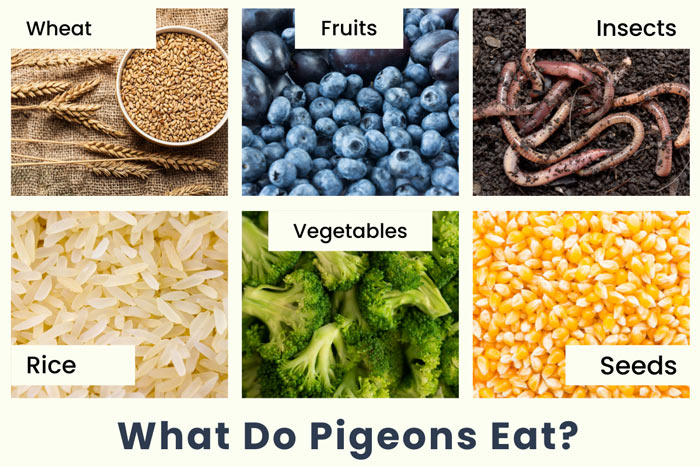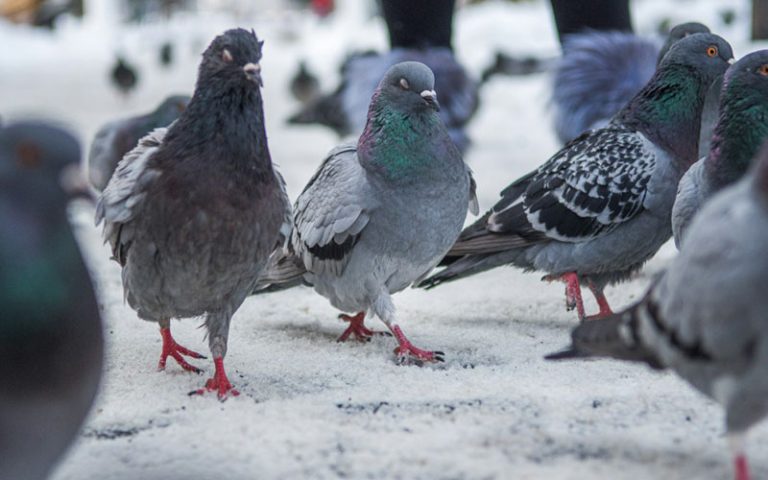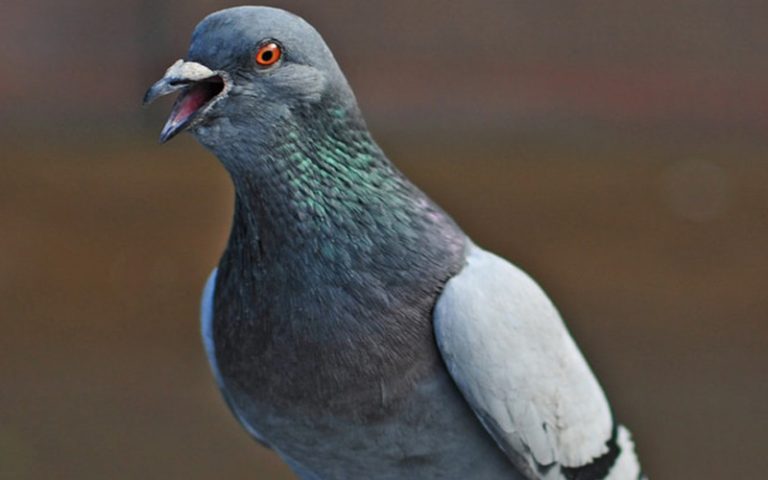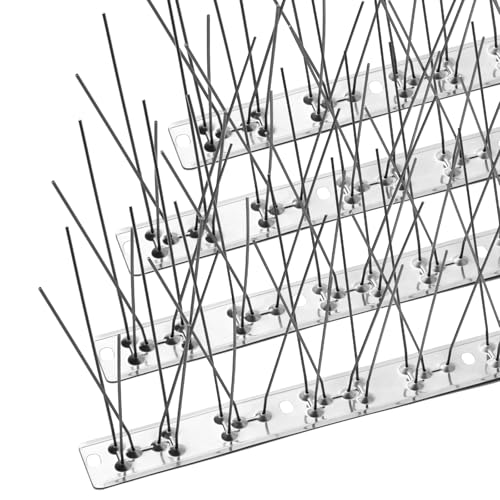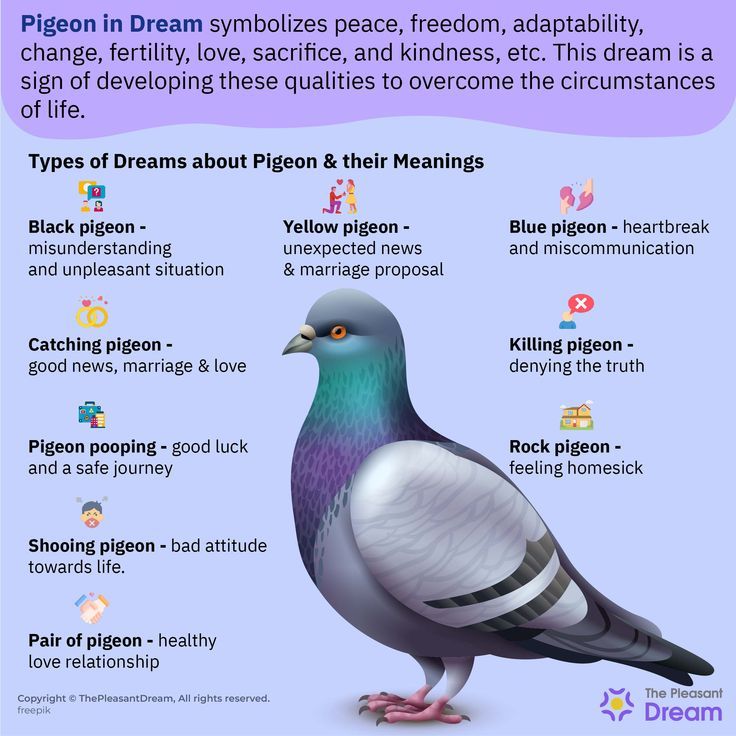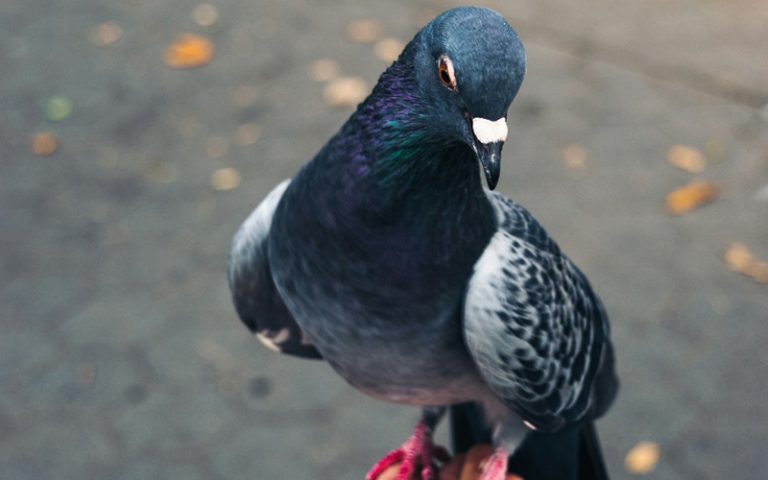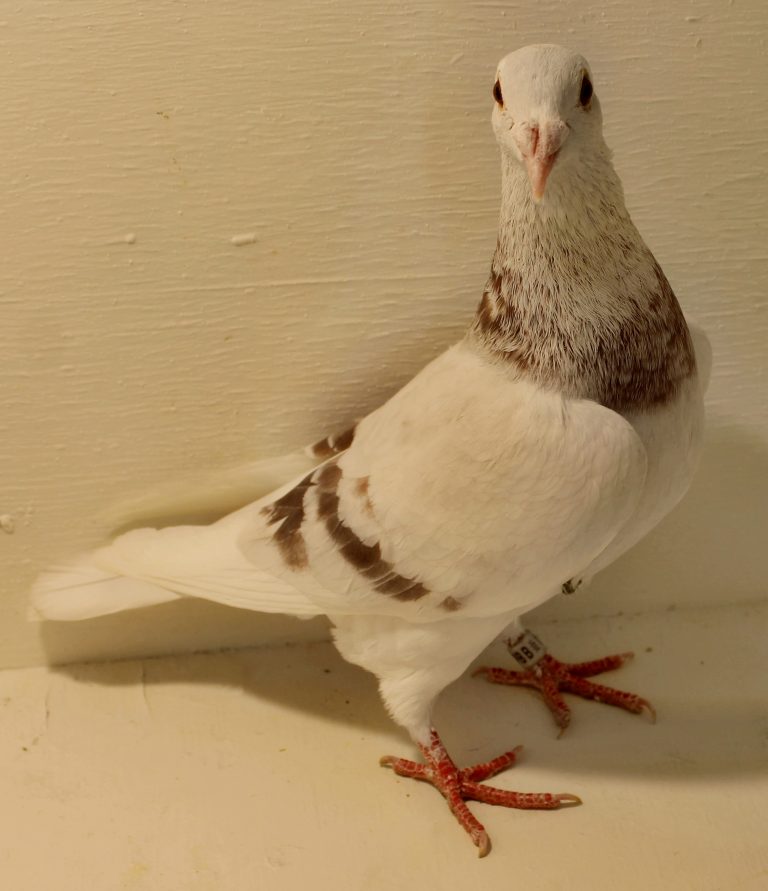What Food Pigeons Eat? (Safe Foods & Nutrition Tips)
Pigeons primarily eat seeds, grains, and fruits. They also consume vegetables and occasional insects.
Pigeons are adaptable birds found in urban and rural areas worldwide. Their diet reflects their surroundings, making them opportunistic feeders. These birds thrive on a variety of foods, favoring seeds and grains that are easy to access. They often scavenge in parks, streets, and farms, consuming leftover food scraps.
Pigeons play a crucial role in the ecosystem by helping to disperse seeds. Understanding their dietary habits can help in managing their populations in urban settings. Providing a balanced diet not only benefits them but also promotes healthier pigeon communities. Knowing what pigeons eat can enhance your birdwatching experience and support local wildlife.
Pigeon Dietary Habits
Pigeons have unique eating habits. They are not picky eaters. Their diet mainly consists of seeds, grains, and fruits. Understanding what they eat helps in caring for them. It also sheds light on their role in the ecosystem.
Why It Matters
Understanding pigeon diets is important for several reasons:
- Wildlife Conservation: Healthy diets support pigeon populations.
- Urban Environment: Knowing their food habits aids in managing pigeons in cities.
- Pet Care: Proper food choices enhance the health of pet pigeons.
Common Misconceptions
Many people hold misconceptions about pigeon diets. Here are some common myths:
| Myth | Fact |
|---|---|
| Pigeons only eat bread. | Bread is not nutritious for pigeons. |
| They can eat any food scraps. | Some foods are harmful to pigeons. |
| Pigeons do not need water. | Water is essential for their health. |
Correcting these misconceptions helps in providing better care. It also ensures a healthier environment for pigeons.
Natural Diet In The Wild
Pigeons thrive on a varied diet in their natural habitats. They primarily consume seeds, grains, fruits, and vegetables. Understanding their natural diet helps us appreciate these fascinating birds. Let’s explore the main components of their diet.
Seeds And Grains
Pigeons love seeds and grains. These are essential parts of their diet. Common seeds and grains include:
- Sunflower seeds
- Wheat
- Oats
- Barley
These foods provide vital nutrients. Grains are rich in carbohydrates. Seeds offer proteins and healthy fats. Pigeons forage for these items on the ground.
Fruits And Vegetables
Pigeons also enjoy fresh fruits and vegetables. These provide hydration and vitamins. Popular choices are:
- Apples
- Berries
- Carrots
- Leafy greens
Fruits and vegetables enhance their diet. They help keep pigeons healthy and energetic. Pigeons are known to nibble on scraps left by humans.
Urban Pigeons: Adaptation And Survival
Urban pigeons have thrived in cities worldwide. They adapt well to human environments. Their survival depends on finding food sources nearby.
Human Food Sources
Urban areas provide pigeons with plenty of food. These birds often scavenge for leftovers. Common food sources include:
- Bread crumbs
- Seed mixtures
- Fruits and vegetables
- Fast food scraps
- Birdseed from feeders
Pigeons can eat a variety of foods. They are not picky eaters. Their ability to find food helps them thrive in cities.
Risks of Urban Feeding
Feeding pigeons in urban areas has risks. Here are some concerns:
| Risk | Description |
|---|---|
| Health Issues | Pigeons may eat unhealthy food. This can cause diseases. |
| Overpopulation | Feeding attracts more pigeons. This can lead to overcrowding. |
| Dependency | Pigeons may rely on humans for food. This affects their natural foraging. |
These risks affect both pigeons and humans. Responsible feeding can help reduce these issues. Observing pigeons can be enjoyable. Understanding their habits improves urban wildlife management.
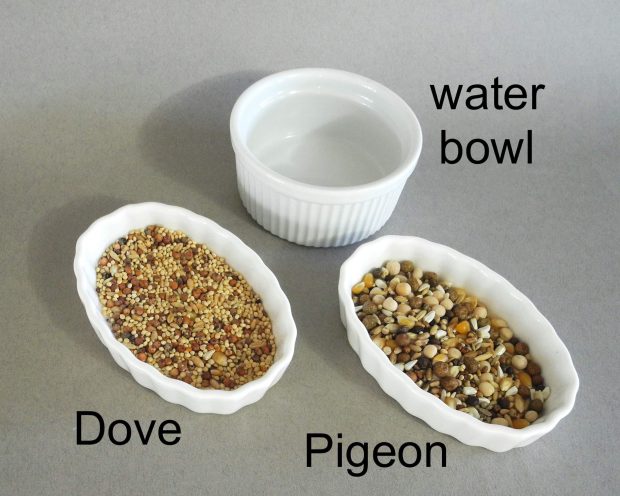
Credit: www.pigeonrescue.org
Nutritional Needs of Pigeons

Credit: m.youtube.com
Pigeons require a balanced diet for optimal health. Their nutritional needs include proteins, fats, vitamins, and minerals. Each component plays a vital role in their growth and well-being.
Proteins And Fats
Proteins and fats are essential for energy and development. Pigeons need these nutrients for muscle growth and feather production.
- Protein Sources:
- Seeds
- Legumes
- Grains
- Fat Sources:
- Nuts
- Vegetable oils
- Animal fats
Protein should make up about 12-15% of their diet. Fats should be around 5-10%. This balance helps maintain energy levels.
Vitamins And Minerals
Vitamins and minerals support various body functions. They help with bone health, immunity, and reproduction.
| Vitamin/Mineral | Function | Sources |
|---|---|---|
| Vitamin A | Supports vision and immunity | Carrots, leafy greens |
| Vitamin D | Promotes calcium absorption | Sunlight, fortified foods |
| Calcium | Strengthens bones and eggshells | Crushed oyster shells |
Vitamins and minerals should be included daily. They are crucial for overall health and vitality.
Feeding Baby Pigeons
Feeding baby pigeons is essential for their growth. These young birds require special care and a balanced diet. Proper nutrition helps them develop strong bodies and feathers.
Special Dietary Requirements
Baby pigeons, also known as squabs, have unique dietary needs. They require a diet rich in:
- Protein: Helps with growth and muscle development.
- Vitamins: Essential for immune health.
- Minerals: Important for bone strength.
Here’s a table showing recommended foods for baby pigeons:
| Food Item | Nutritional Benefits |
|---|---|
| Specialized Pigeon Formula | Complete nutrition for growth. |
| Cooked Rice | Easy to digest and energy-rich. |
| Soft Fruits | Natural sugars and vitamins. |
| Seeds | Provides essential fats and proteins. |
How to Feed Orphaned Chicks?
Feeding orphaned baby pigeons requires care and patience. Follow these steps for successful feeding:
- Choose the Right Food: Use a specialized pigeon formula.
- Prepare the Food: Mix according to package instructions.
- Use a Syringe: Fill a syringe with food. Avoid using a spoon.
- Feed Gently: Place the syringe near the chick’s beak.
- Monitor Feeding: Feed small amounts at a time.
Repeat feeding every 2-3 hours. Watch for signs of overfeeding. Keep the chicks warm and comfortable during feeding.
Safe Foods for Pigeons
Pigeons are wonderful creatures that enjoy a variety of foods. Knowing what to feed them is essential for their health. Choosing safe foods keeps pigeons happy and healthy. Here are some great options.
List of Safe Foods
- Seeds: Sunflower seeds, millet, and safflower seeds.
- Grains: Oats, barley, and cracked corn.
- Fruits: Apples, bananas, and berries.
- Vegetables: Carrots, peas, and leafy greens.
- Nuts: Unsalted peanuts and almonds.
Foods To Avoid
| Food Item | Reason to Avoid |
|---|---|
| Chocolate | Toxic to pigeons. |
| Caffeine | Can cause heart issues. |
| Avocado | Contains a toxin harmful to birds. |
| Onions | Can damage red blood cells. |
| Salty foods | Can lead to dehydration. |
How to Feed Pigeons Responsibly?
Feeding pigeons can be enjoyable. It helps them thrive. Responsible feeding ensures their health and safety.
Quantity And Frequency
Feeding pigeons requires balance. Too much food harms them. Follow these guidelines for quantity and frequency:
- Feed small amounts daily.
- Provide about 1/4 cup of seeds per pigeon.
- Feed them 1-2 times a day.
Watch for leftover food. Remove any uneaten seeds. This prevents spoilage and pests.
Creating A Healthy Feeding Environment
A clean feeding area is vital. It keeps pigeons safe from diseases. Follow these tips for a healthy environment:
- Choose a quiet, open space.
- Keep feeding areas clean.
- Provide fresh water daily.
- Use natural food sources, like seeds and grains.
Never feed them bread or junk food. These items can cause health problems. Stick to healthy options for the best results.
| Food Type | Benefits | Notes |
|---|---|---|
| Seeds | High in energy | Use a mix of seeds |
| Grains | Rich in nutrients | Whole grains are best |
| Vegetables | Provides vitamins | Chop into small pieces |
Follow these tips. Enjoy feeding pigeons responsibly.
Impact of Diet On Pigeon Health
Pigeons have unique dietary needs. A proper diet is essential for their health. Their food choices directly affect their well-being.
Choosing the right food can prevent many health problems. Healthy pigeons are more active and live longer. Let’s explore common health issues and the importance of a balanced diet.
Common Health Issues
Pigeons face several health issues due to poor diet. Here are some common problems:
- Obesity: Too many fatty foods lead to obesity.
- Feather Issues: Poor nutrition causes bad feather growth.
- Digestive Problems: Unbalanced diets can cause digestive issues.
- Weak Immune System: Lack of vitamins makes pigeons sick.
Recognizing these issues early is key. Proper care helps pigeons stay healthy.
The Importance of A Balanced Diet
A balanced diet includes a variety of foods. Pigeons thrive on seeds, grains, and greens. Here’s a breakdown of essential nutrients:
| Nutrient | Sources | Benefits |
|---|---|---|
| Proteins | Legumes, seeds | Supports muscle health |
| Carbohydrates | Grains, seeds | Provides energy |
| Fats | Nuts, seeds | Helps with nutrient absorption |
| Vitamins | Fruits, veggies | Boosts immunity |
Feeding pigeons a variety of foods is crucial. This ensures they get all the nutrients. Healthy pigeons are happy and active.
Regularly monitoring their diet helps prevent health issues. Pay attention to their eating habits for signs of problems.
Frequently Asked Questions
What Do Pigeons Eat In The Wild?
Pigeons primarily consume seeds, grains, fruits, and vegetables found naturally in their habitats.
Can Pigeons Eat Bread?
Bread is not ideal for pigeons and can lead to health issues if fed in large amounts.
What Fruits Are Safe For Pigeons?
Safe fruits for pigeons include apples, berries, grapes, and bananas, which provide essential vitamins and hydration.
Do Pigeons Eat Insects?
Yes, pigeons occasionally eat small insects and larvae for protein, especially during breeding seasons.
What Food Is Best for Pigeons?
The best food for pigeons includes grains, seeds, and legumes. Whole grains like corn, barley, and wheat are ideal for providing energy. Pigeons also enjoy seeds such as sunflower seeds, millet, and safflower.
You can add peas and lentils to their diet for extra protein. Fresh fruits and vegetables like spinach and carrots are also healthy options. Avoid feeding pigeons bread or processed foods, as these lack proper nutrition.
Clean water is essential to keep them hydrated. Providing a varied diet ensures they get the nutrients they need to stay healthy.
Happy feeding!

